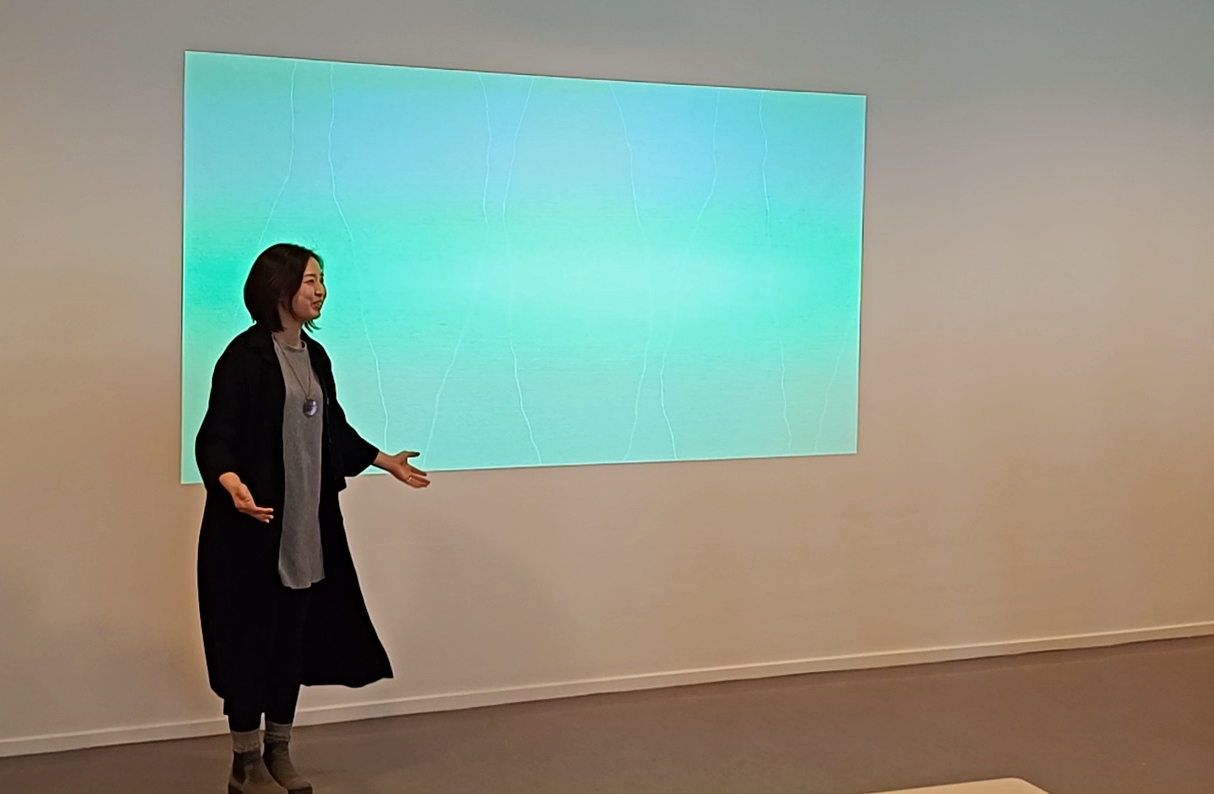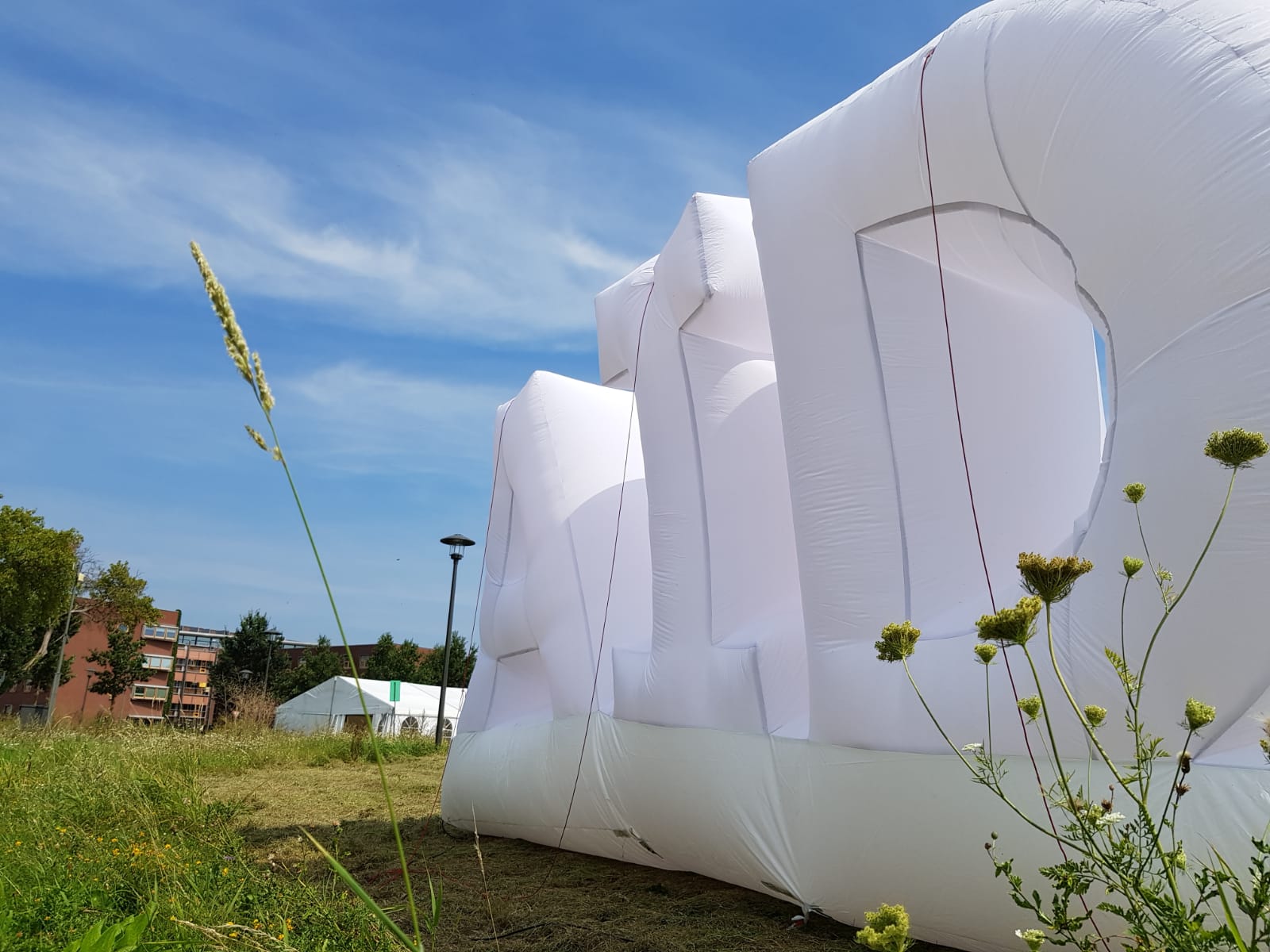PhD candidates who work in a chemistry lab have to stop immediately if they become pregnant as working with solvents is dangerous for the foetus. But they can’t always be sure their contract will be extended, because pregnancy is an expense for the chair group. Now WUR is tackling that problem with a new scheme.
The Executive Board has created a special fund to compensate chair groups for the extra costs. The compensation is several tens of thousands of euros, depending on how long the student is unable to work and on the chair group’s financial position. The money will be used entirely for the extension of the PhD candidate’s contract. ‘This means a pregnancy will not have such a negative impact on the group’s finances,’ says Diversity & Inclusion manager Eva Siebelink.
Postdoc
Professor of Organic Chemistry Han Zuilhof is pleased with the scheme, which he says is the first of its kind in the Netherlands. ‘In Dutch academia, you often see women only have a baby after they have completed their postdoc. They make quite sure they don’t get pregnant before then. My PhD candidates say a pregnancy is scientific suicide. That’s because it is far from certain whether the contract will be extended in full, or indeed at all.’
What matters is that everyone at WUR had equal opportunities
Eva Siebelink, Diversity & Inclusion manager
That is largely because a pregnancy costs the chair group money. The higher wage costs during the extension are not covered by the Employee Insurance Agency. Then there are the overhead costs (such as for equipment), which cannot be covered at all. Zuilhof calculates that the extra costs can easily amount to 30,000 euros per pregnancy. Ever since one of his PhD candidates became pregnant in 2017, he has been raising the issue. Until recently, that had no effect but now he has got a positive response from the newly appointed D&I manager Siebelink.
Animals
The new scheme will only affect a small number of women per year. The prohibition during pregnancy applies not just to work in certain chemistry labs, but also to work with certain animals. Even so, Siebelink is pleased with the scheme. ‘What matters is that everyone at WUR has equal opportunities. It makes a really big difference for the individual women affected. This lets women do a PhD in their preferred field after all. And it makes it more appealing for chair groups to recruit young women.’
‘The male-female ratio in my lab is 5 to 1,’ says Zuilhof. ‘And I know why that is. Women are not always willing to put off having children until after the postdoc. It is certainly not always a good idea biologically speaking. The personal sacrifice is too great. Every single one of my PhD candidates is pleased with this scheme. If they become pregnant, now they know they will get full compensation and be able to continue with their PhD research without any external pressure. WUR can be proud of this inclusive scheme.’

 Illustratie Shutterstock
Illustratie Shutterstock 


That is great news! A very important step forward to equal chances for women!